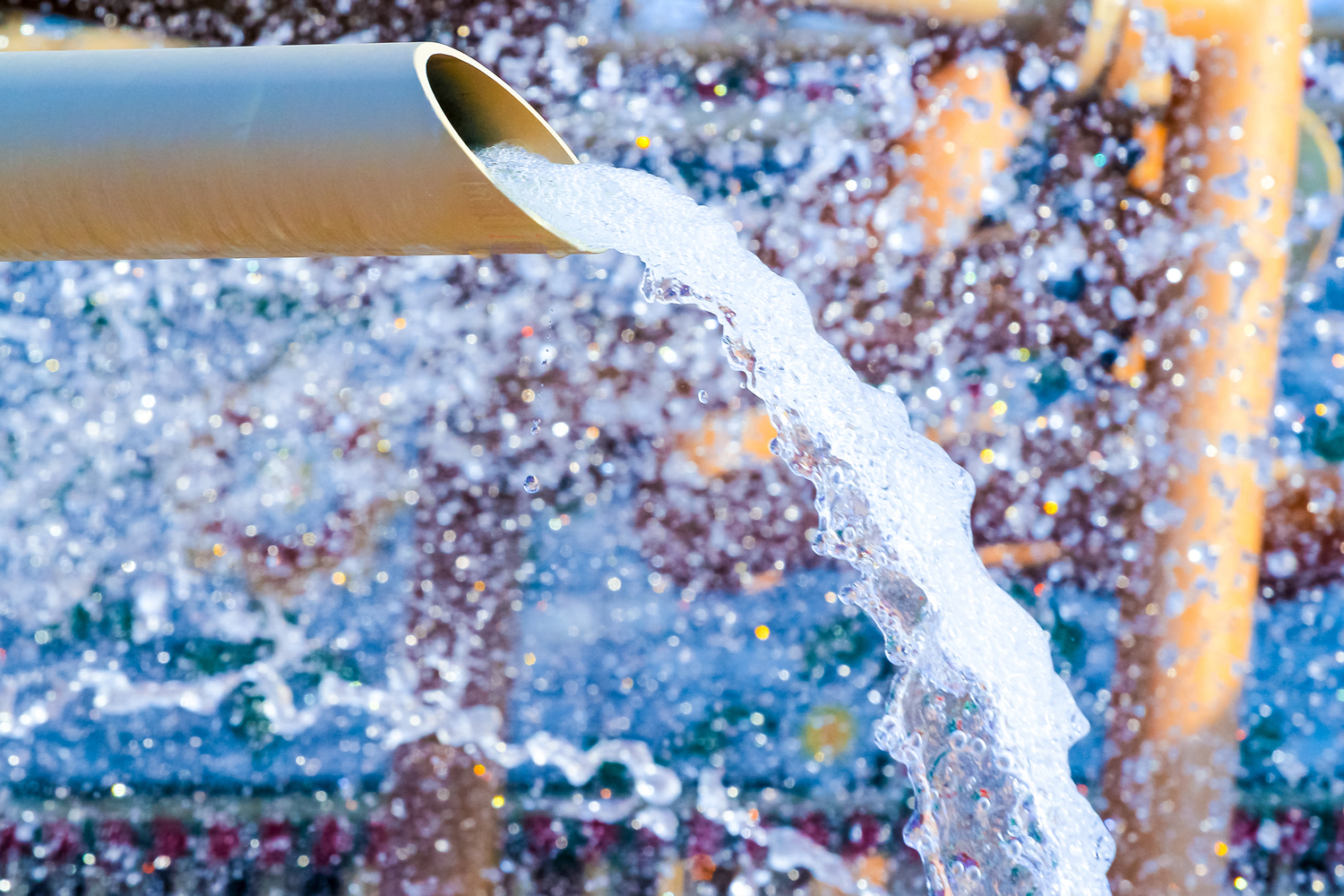Going back to work – Will the world be different?
In early April we wrote about the things Covid-19 should be teaching us about the way we have been living. Two months down the line the most of what we were saying is mostly still relevant our optimism that the crisis would change peoples attitude to the environment seems sadly misplaced now. As people across the country head begin back to work we are wondering if we have actually learnt any lessons. Will people finally begin to make respect and and make the investment of protecting our environment?
The early signs aren’t good. As the lockdown eases local newspapers from seaside towns across the country are reporting huge crowds and huge amounts of litter being lest on the beaches, and that isn’t the only bad news for the environment.
A dramatic spate of industrial fires
Three industrial estate blazes in three days during late May resulted in urgent fire safety warnings being issued to businesses re-opening after lockdown.
All three fires started in Merseyside: one at Kirkby, one at Garston, and a third at Newton-le-Willows, on consecutive days. While two of the fires are not thought to be suspicious the third, at Garston, is suspect, involving an empty building in the process of being demolished. A subsequent fire on an industrial estate in Burscough was handled by the Lancashire Fire Service, also not thought to be suspicious.
It’s a worrying trend that has led the Merseyside Fire and Rescue Service to launch an emergency campaign, to remind company bosses of their responsibilities around fire safety and regular site checks.
On 22nd May there was a ‘huge’ industrial fire at Langar Airfield Industrial Estate in Nottinghamshire, and there’s been an enormous industrial skip fire in Ryton, Warwickshire. Fire crews had to deal with a large fire at the Johnstown Landfill site in Wales, and firefighters were called to tackle an equally big blaze at Deeside Industrial Estate in Wales on 28th May. One fire at Holton Heath industrial estate in Bournemouth, one near Barking near Dagenham, another on an industrial estate in Fife, one on the Kildare-Meath border in Eire, and another at Dunston Staiths on the River Tyne. The list goes on.
Because some businesses closed in late March with very little notice, and we’re entering a strange new world where working practices are due to be very different, it’s more important than ever to make sure fire risks on every commercial premises are identified and made safe. Regular readers will know that industrial fires and the resulting firewater are a significant cause of water pollution that was given focussed attention in CIRIA c736. Whilst you are likely to be insured against fire in your business you are not lilley to be insured against causing water pollution.
A 300% hike in fly-tipping
According to ITV, parts of the UK have seen a huge spike in fly tipping, with all tips closed until recently and many still not open.
The Countryside Alliance says fly tipping has shot up by 300% as locked down people clear out their homes, garages, gardens and sheds before dumping the resulting rubbish illegally. The ClearWaste app, which lets people report fly tipping, reveals almost 4000 incidents in England at 14th April, a number that has probably gone up since then.
It’s important not to let doorsteppers take your rubbish away. If someone offers cheap rubbish disposal, it’s likely they’ll fly tip it. It matters because if your waste ends up tipped and it is tracked back to you, you could face a fine of as much as £40,000.
Call in the experts to keep your business in business
Whether you need water pollution training, automated water pollution containment devices, firewater risk mitigation, industrial leaks, industrial fires and more, we are perfectly qualified to help you.


